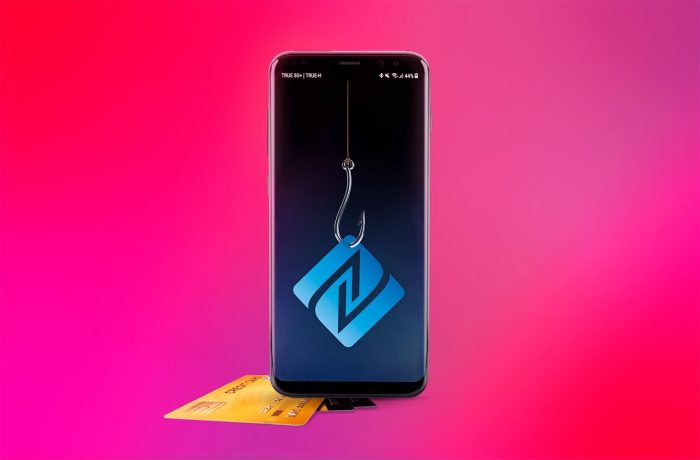
Trojan embedded in fake Android smartphones
Counterfeit smartphones imitating well-known brands and offered online come pre-installed with the powerful Triada Trojan.
1153 articles

Counterfeit smartphones imitating well-known brands and offered online come pre-installed with the powerful Triada Trojan.

Spoiler: nothing good. Along with pirated software, you’ll probably pick up a miner, stealer, or backdoor.

Cybercriminals are inventing new ways to swipe money from payment cards by using credentials phished online or over the phone. Sometimes, just holding your card to your phone is enough to leave you penniless.

Attackers use the polyglot technique to disguise malware. We explain what it is and how to protect your company against attacks.

Apple’s Find My network can be exploited to remotely track other vendors’ Android, Windows, and Linux devices.

A security researcher has investigated his own smart mattress cover, discovering several ways to hack it — including through a backdoor preinstalled by the developer.

Our technologies have helped to detect the zero-day vulnerability CVE-2025-2783 in Google Chrome, which was used in a sophisticated APT attack.

If you’ve ever downloaded game cheats from a YouTuber’s “link in the description”, your computer might be infected with a stealer.

How to respond to a compromised GitHub changed-files Action incident.

Reasons for updating your ESXi infrastructure ASAP, and enterprise threats that VM escape poses.

Takeaways for regular crypto holders from the biggest crypto heist in history.

We found several groups of sites mimicking official websites of the DeepSeek and Grok chatbots. Fake sites distribute malware under the guise of non-existent chatbot clients for Windows.

We break down the most covert mechanism of smartphone surveillance using real-life examples.

We discovered over 200 repositories with fake projects on GitHub. Using them, attackers distribute stealers, clippers, and backdoors.

Eight signs your WhatsApp account has been stolen — and steps to recover and protect it.

The recent leak at major location-data broker, Gravy Analytics, shines a light on the implications of mass location-data collection.

If you still think that Steam, Google Play, and the App Store are malware-free, then read this fascinating story about PirateFi and other hacker creations disguised as games.

We look into every method of hijacking WhatsApp, Telegram, and other messaging accounts – from quishing to fake gifts and viruses, and ways to protect yourself against them.

We’ve discovered apps in the official Apple and Google stores that steal cryptocurrency wallet data by analyzing photos.

Attackers are pumping out fake wedding invitations containing malicious APKs to Android users. To find out how to guard against this new threat, read on.

Banshee stealer, a macOS stealer that emerged last year, is now roaming free on the Web, infecting Mac users and gaining new capabilities. How to protect yourself?